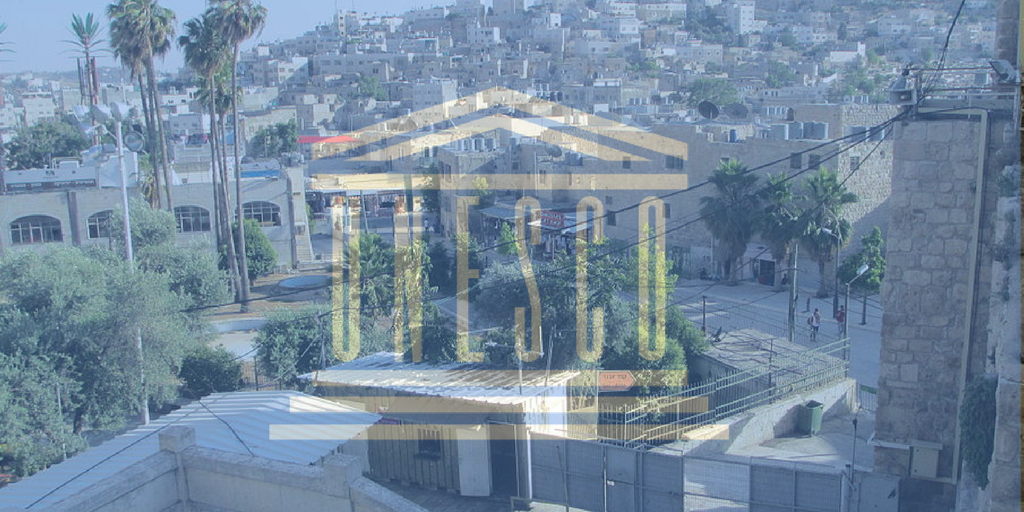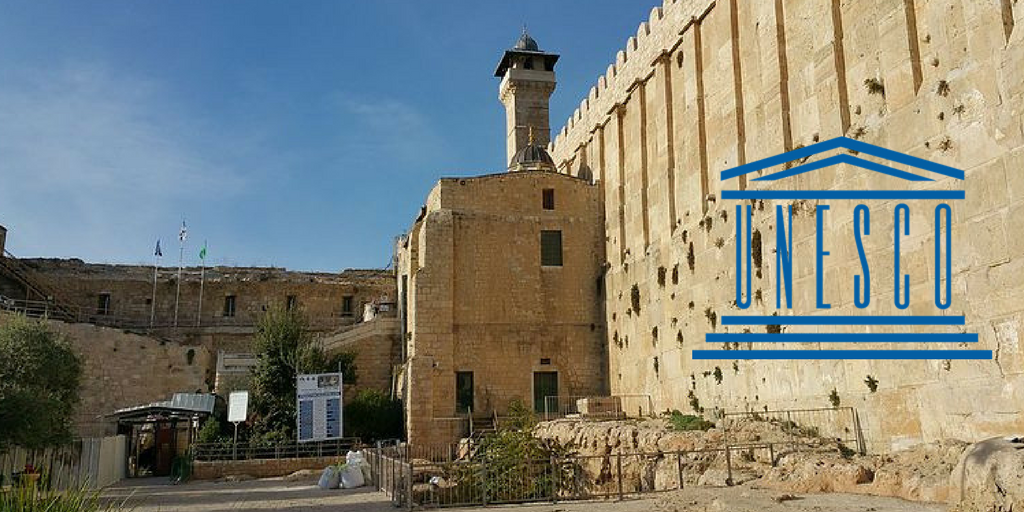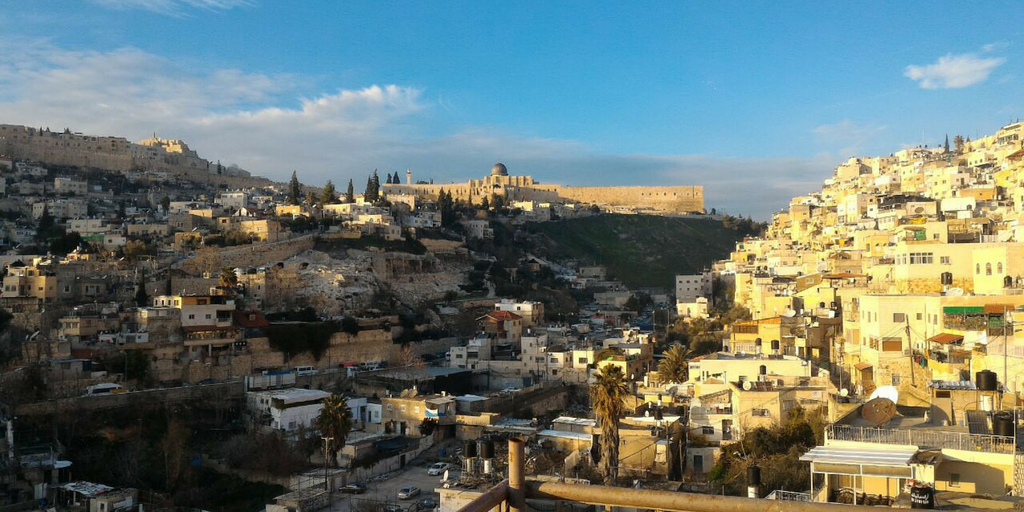It didn’t take long for the Israeli government to strengthen the Jewish presence in Hebron in the wake of UNESCO’s ruling that obliterated the Jewish connection to the nation’s second holiest site, the Cave of the Patriarchs. The Civil Administration, which is the Israeli governing body in Judea and Samaria suddenly reversed an older ruling that placed an acquired property, bought by Jews from local Arabs in 2012 in limbo.
In December 2015, the Land Registration Committee (LRC) determined that the Jewish buyers had not come up with all the necessary documents, even going as far to say that some of them were unreliable. The LRC deals with the registration of real estate, which to this day constitutes the legal basis for registration of land that has not yet been registered in Judea and Samaria.
So what happened?
Suddenly the Civil Administration claimed that the documents had always been reliable just copies, which according to the notary law is permissible. Of course, this means the sale of the home could have been approved in 2015 since the documents the committee had then and now are the same.
The real reason for the sudden reversal is the UNESCO decision. The government has nothing to lose anymore and can simply let the multiple home sales in the ancient part of Hebron just go through. With Machpela House now seemingly approved, expect for more home sales in Hebron to take place.
“The strategy is simple. Just let people buy homes as they do in all parts of Jerusalem,” Rabbi Ben Packer of the Heritage House said. “With the sale of Beit Machpela finally approved, the countless buyers waiting in line to buy property in Hebron will have no reason to hold back.”






